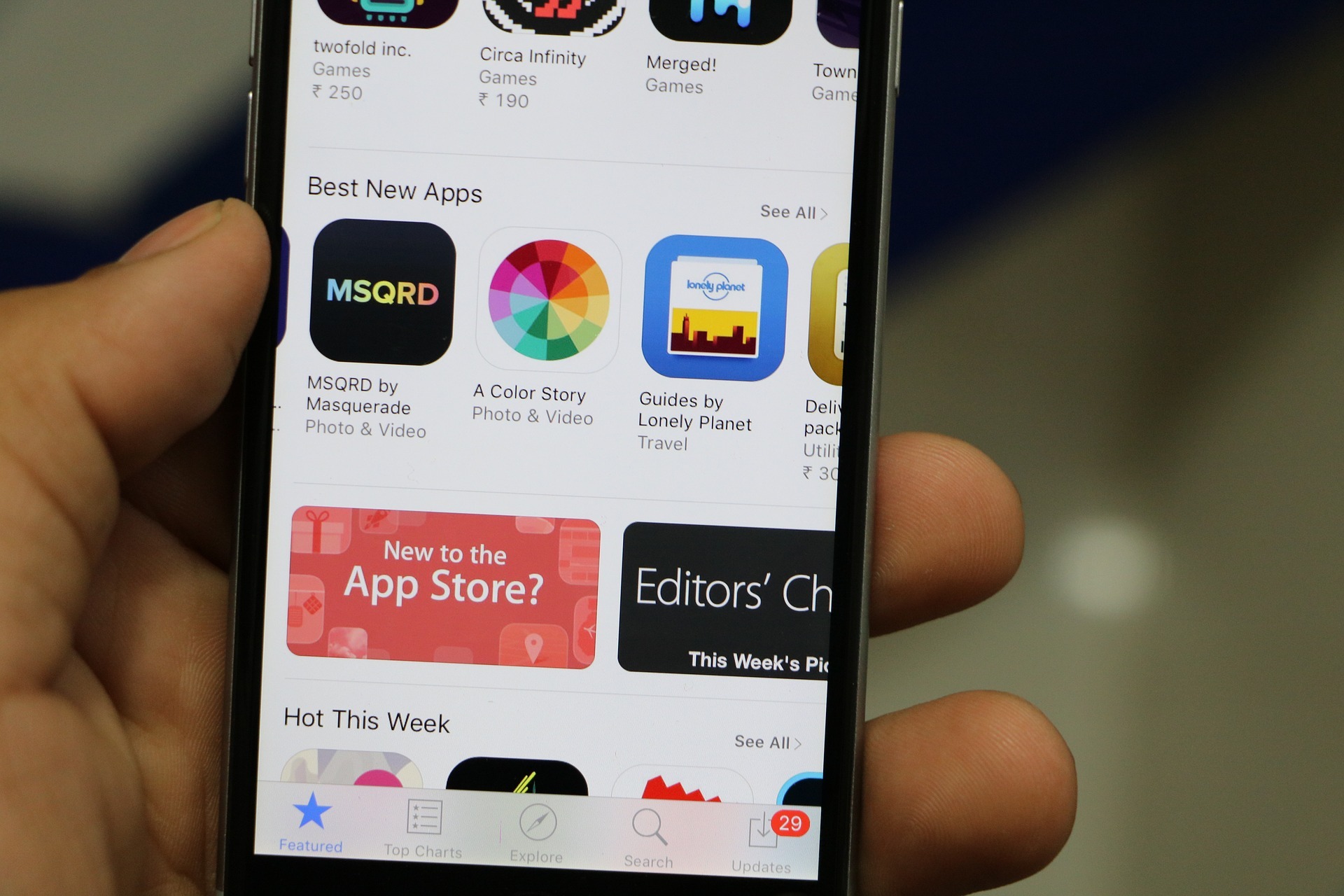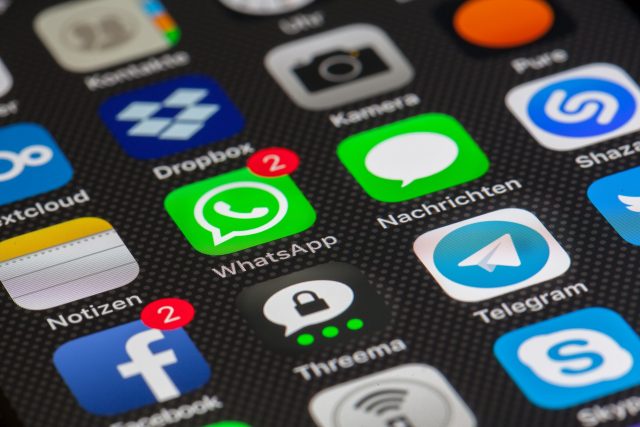Recently, there have been a variety of organisations and developers coming together in the pursuits of campaigning against Apple’s App Store policies.
It has been announced this week that a group has been formed together with the aim of creating “a level playing field for app businesses and give people freedom of choice on their devices.”
This group is called the Coalition for App Fairness (CAF) and is defined as a not-for-profit organisation that is dedicated to fighting for fairness within the competitive app ecosystem in the Apple App Store. Founding members of CAF include Spotify, Epic Games, Tile, European Publishers Council, Basecamp, Blix, Match Group, Deezer and several more who have publicly announced their frustration with Apple’s policies.
While their main goal is to fight against the App Store’s policies – a fight which many of the founding members have been involved in individually – they also aim to coordinate their efforts informally protesting the rules Apple has created for apps in their store.
The group has formed with the intentions of providing a space for developers to join who may not have the resources, confidence or publicity to protest Apple on their own.
The CAF has announced that they will be welcoming “companies of any size, in any industry who are committed to protecting consumer choice, fostering competition, and creating a level playing field for all app and game developers globally.”
CEO and founder of Epic Games, Tim Sweeny, publicly announced that “we are joining the Coalition for App Fairness to defend the fundamental rights of creators to build apps and to do business directly with their customers.”

The Coalition for App Fairness is providing a space for anyone to fight for fairness in Apple’s App Store.
The Coalition has announced that they have three primary issues with the App Store. First, Apple receives a 30 per cent commission from any app sold on its app store. Second, iOS offer no other option for app distribution. Third, they believe that iOS uses its control over app distribution to favour its own apps and services.
Despite this being in the news recently, these accusations and frustrations are not new. For example, against a lot of the issues raised by the members of the CAF, Spotify filed a formal antitrust suit against Apple in the European Union.
Earlier this year, Basecamp also has issues with Apple, where they claimed that Apple refused to approve updates for their Hey email app if they did not allow Apple to sell subscriptions through the Apple app store.
Blix has previously tried to relly other developers and companies to back their fight against Apple when the company was said to have stolen Blix’s idea for an anonymous email sign-in and then they were removed from the App Store.
In Congress, Tile has claimed that Apple was using its substantial platform to undermine the usability of their product on iOS devices.
Lastly, it is common knowledge that Epic Games has rallied together developers and companies to help their fight against Apple’s 30 per cent commission. This war raging between Apple and Epic Games has led to the world’s most popular game being removed entirely from the App Store.

The Coalition for App Fairness are hoping that Apple, and other significant platforms, will utilise their proposed code of conduct in their app stores.
The proposed code of conduct that has been developed by the Coalition for App Fairness is ambitious, including requests that developers not be required to pay “unfair, unreasonable or discriminatory fees or revenue shares” just to be listed in the app store.
On top of this, developed demand that they are not forced into using a specific app store – that they should be given the right to access the same information that the platform’s owner can.
Through their united front and a large group of developers, the Coalition of App Fairness hopes that they can fight for fairness and influence Apple to become better. However, this fight is difficult while Apple holds all the power – while these developers fight, they are still required to pay the fees Apple has to have their app available for those on iOS devices.
Due to this fact, and without legal intervention, it is difficult to imagine Apple accepting the demands of these demands. The power that Apple holds may be greater than the number of developers who complain.
However, while they are fighting they are still paying to Apple’s fees to have their apps in the store.



































